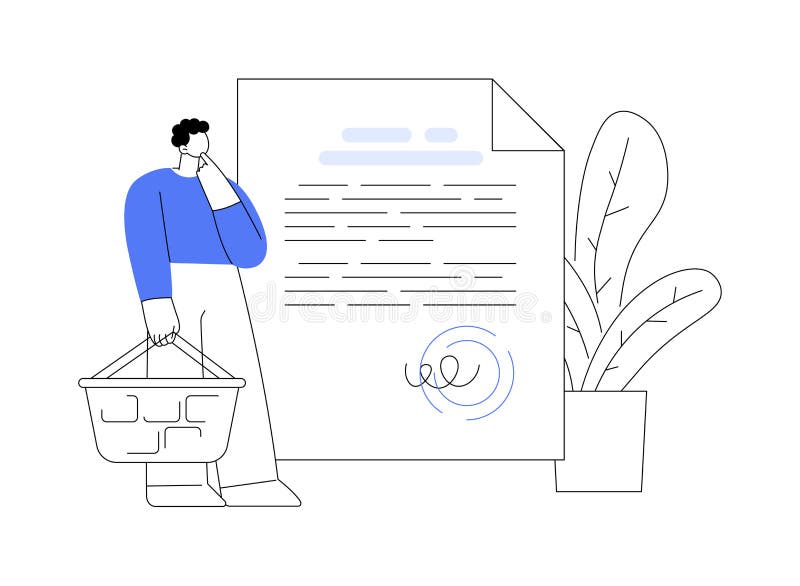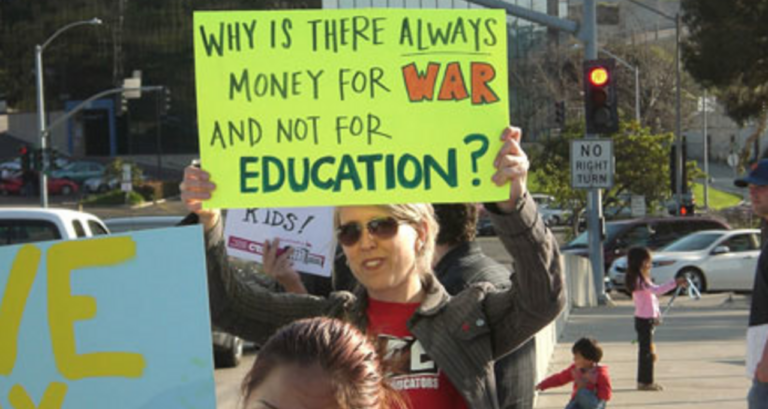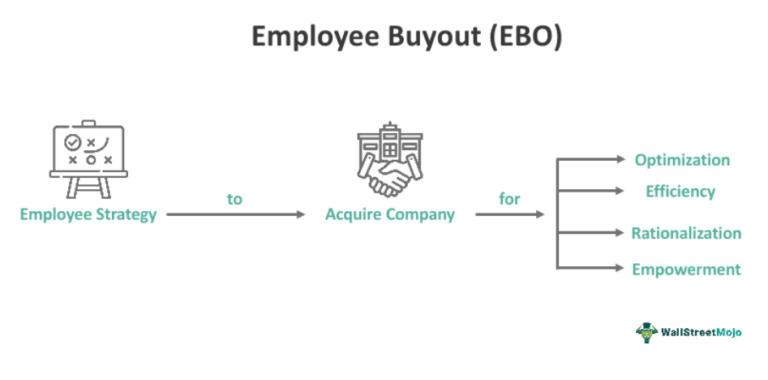
Audience
- Sentiment: Concerned
- Political Group: Progressive
- Age Group: Young adults
- Gender: All genders
Overview
- CFPB is crucial for consumer protection against financial exploitation.
- Recent suspension of the CFPB’s operations raises concerns about fair lending practices.
- Legal actions and public outcry indicate significant opposition to funding cuts and operational halts.
The CFPB and the Battle for Consumer Protection: What’s Happening?
The world of finance can be confusing and hard to navigate, even for adults. It’s filled with terms like interest rates, loans, and credit scores that can make anyone’s head spin. That’s why organizations like the Consumer Financial Protection Bureau (CFPB) are so important. They work to protect regular people from being taken advantage of by big banks and financial companies. Recently, however, the CFPB has come under fire and has halted its operations, leaving many to wonder what this means for consumers like you and me.
What Is the CFPB?
The CFPB was created after the financial crisis of 2008, a massive disaster that affected the entire economy and led many people to lose their homes and jobs. Before the CFPB was formed, financial institutions had a lot of power, and there were very few rules to protect consumers. People could take out mortgages they couldn’t afford or get charged hidden fees they didn’t know about. In response to this chaos, Congress established the CFPB to ensure that consumers had a financial watchdog looking out for their interests.
The CFPB’s mission is to supervise and regulate financial institutions, ensuring they treat consumers fairly. They provide information to help people make informed choices about loans, credit cards, and banking. They also take complaints from consumers and investigate cases of dishonest practices. In short, they aim to make the financial world a safer place for everyday people.
What Happened Recently?
Now, you might be wondering why I’m talking about the CFPB in a negative light. Recently, a lot of drama has unfolded around this agency. The acting head of the CFPB, Russell Vought, has decided to suspend all of the bureau’s activities. This means that the important work the CFPB does—holding financial companies accountable, helping consumers with their complaints, and making sure that there are fair lending practices—has all come to a halt. It’s a scary situation for many, especially those who rely on the CFPB for protection against unfair practices.
One of the most shocking aspects of this decision is that it coincides with significant funding cuts to the CFPB. When you cut funding to an organization like this one, it can cripple its ability to operate. It’s like trying to run a car without gas; without resources, it simply can’t move forward. As if that weren’t enough, the headquarters of the CFPB is temporarily closed, which means that the employees who work there—those who are supposed to help consumers—are unable to do their jobs. This closure is a huge blow not just to the employees, but to everyone who relies on the bureau to ensure that financial practices are fair and transparent.
Who’s Fighting Back?
Unsurprisingly, these drastic changes have sparked a lot of outrage. A labor union representing CFPB employees has stepped up to file a lawsuit against Vought, claiming that his actions are unconstitutional. It’s a big deal when employees feel they need to take legal action to protect their jobs and the mission of the bureau. The union insists that by cutting funding and halting operations, Vought is undermining the purpose of the CFPB—a purpose that is meant to protect consumers.
Many critics, including consumer advocates, financial experts, and even some members of Congress, are voicing their concerns. They worry that this shutdown will lead to consumers being left in the dark, vulnerable to exploitative practices from banks and other financial companies. In a world where many young people are just starting to navigate their own finances, the stakes couldn’t be higher. What happens if they’re suddenly faced with unfair fees or misleading loan terms?
The Elon Musk Factor
If the situation wasn’t complicated enough already, there’s another twist: Elon Musk. Yes, the billionaire entrepreneur known for his ventures in electric cars and space travel is also connected to this controversy. Recently, it was reported that some of Musk’s associates gained access to the CFPB’s systems. You might wonder how that affects consumers. Well, the concern is twofold: First, it raises the potential for conflicts of interest, especially since some observers argue that Musk has expressed a desire to disrupt the operations of the CFPB.
When someone like Musk, who has a significant amount of influence and money, gets involved, there’s a fear that the interests of consumers will take a backseat to corporate profits. If Musk has a different agenda, it could mean greater leniency for financial companies that engage in questionable practices. Many worry it could lead to a return to the very issues that the CFPB was created to combat in the first place.
The Broader Implications
So, what does all of this mean for you as a consumer? The suspension of the CFPB’s activities is telling of a larger trend in American politics regarding financial regulation. It reflects an ongoing battle between those who believe in strong consumer protections and those who argue that such regulations stifle economic growth and innovation.
In a world where young people are increasingly taking on financial responsibilities—like student loans, car payments, and credit cards—having a regulatory agency that is on their side is critical. The suspension of the CFPB’s activities poses real risks: consumers could end up dealing with unfair practices, hidden fees, or even predatory loans. When there is less oversight, companies may feel they can do whatever they want, leading to a repeat of past financial crises that hurt everyone—especially the most vulnerable populations.
What Can You Do?
You might feel helpless as a high school student, but there are actions you can take—one step is to become informed about your finances and how consumer protections work. Understanding how credit cards, loans, and banking operations work can give you a significant advantage in avoiding pitfalls. Moreover, engaging in discussions about financial literacy with your friends and family can help raise awareness about the importance of consumer protections.
Another way to make your voice heard is by getting involved in advocacy. Many organizations work tirelessly to advocate for stronger consumer protections and fair financial practices. As a student, your voice matters. Whether it’s through social media, school projects, or community service, spreading awareness about these issues can spark change.
Final Thoughts
The events surrounding the suspension of the CFPB activities are significant and could have lasting effects on consumers across the country. As we continue to follow this story, it’s essential to remember that the fight for fair and just financial practices is ongoing.
What do you think about the suspension of the CFPB and the involvement of figures like Elon Musk? Do you feel it could impact the financial decisions you’ll have to make in the future? Let’s share our thoughts! I invite you to comment below and join the conversation. Your input matters!





